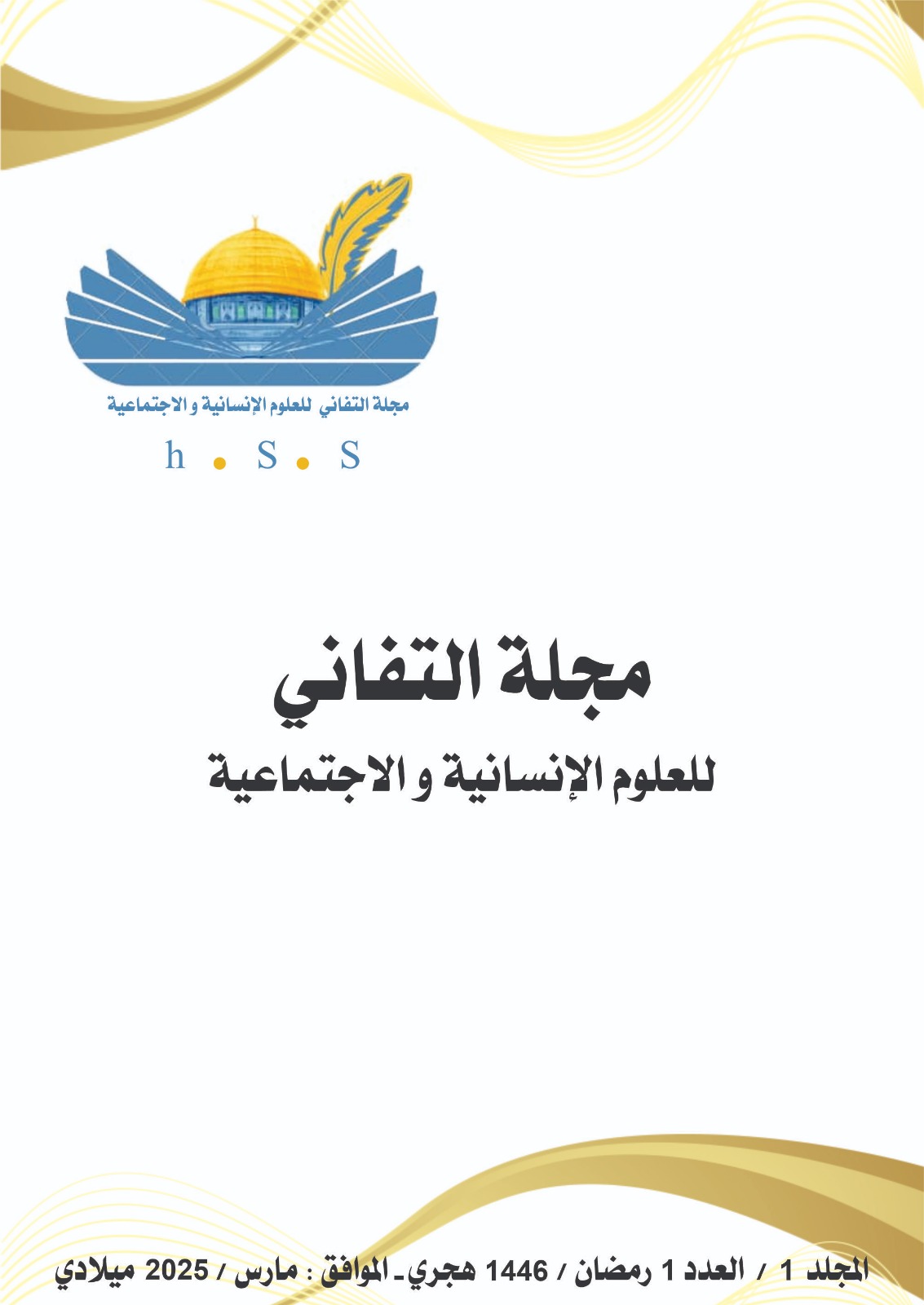The phenomenon of money laundering, its economic effects, and the position of the Islamic economy towards it
Abstract
The study aims to identify the concept of the phenomenon of money laundering, its stages, characteristics, methods and causes, its economic effects, and the position of the Islamic economy towards it.
To achieve the research objectives, it divides into three sections. The first section was devoted to the nature, origin, stages, and characteristics of money laundering. The second section dealt with the methods, causes, and economic effects of the phenomenon of money laundering. The third sectionclarifies the position of the Islamic economy on the economic effects of the phenomenon of money laundering.
The research concluded with several results, the most important of which are: the phenomenon of money laundering has many negative economic effects on the level of national income, prices, taxes, balance of payments, exchange rate, banks and financial institutions, etc., and that the Islamic economy has positive effects on national income, investment, banking system, financial institutions, consumption, and unemployment. The Islamic economy was the first to criminalize and prohibit the phenomenon of money laundering as a type of illicit and forbidden gain, so it prohibited all approaches that leading to this type of crime, such as prohibiting theft, usury, bribery, drugs, and all forms of illicit dealings with money, taking and giving.





